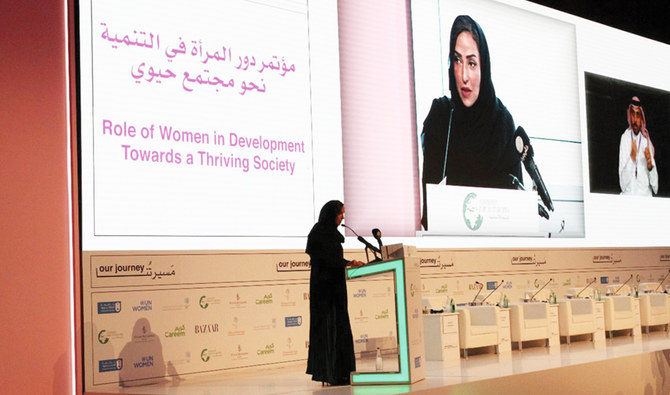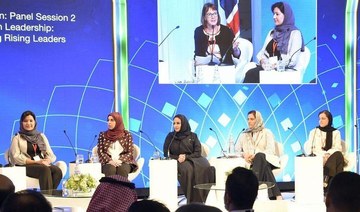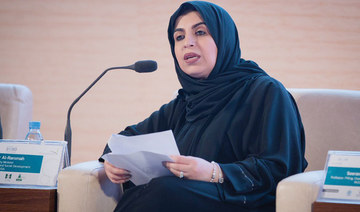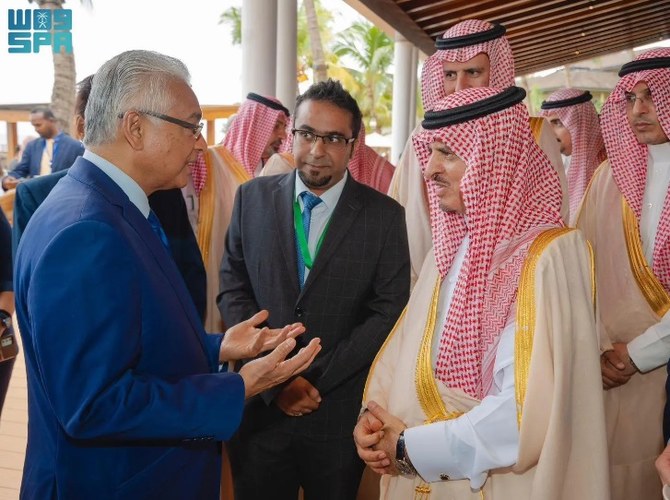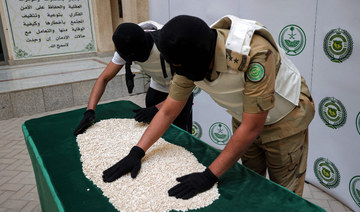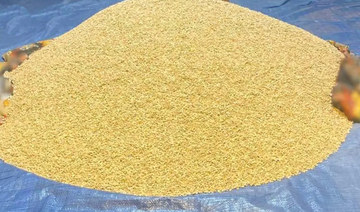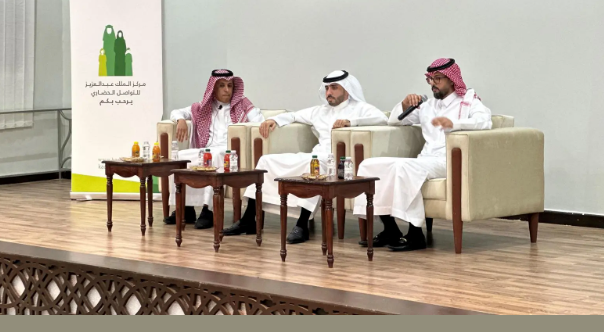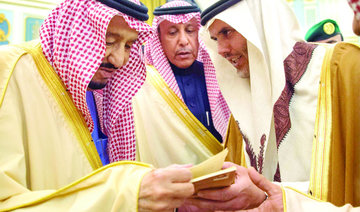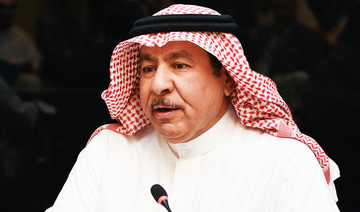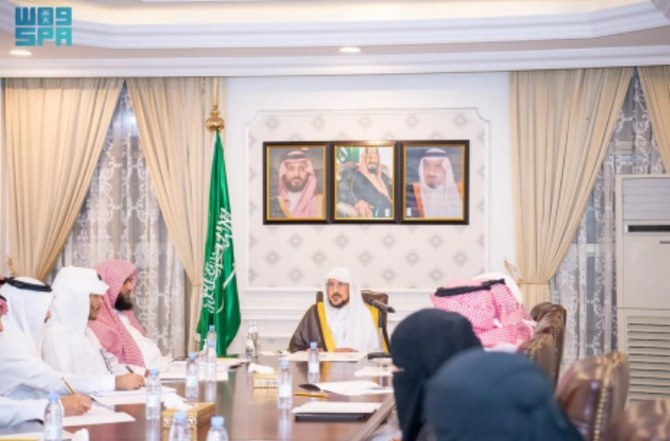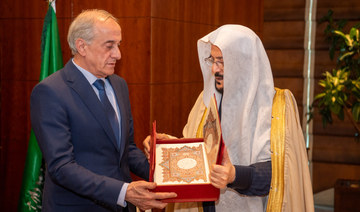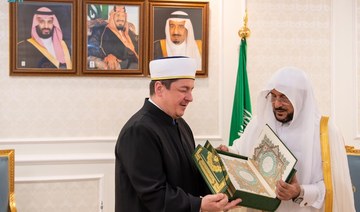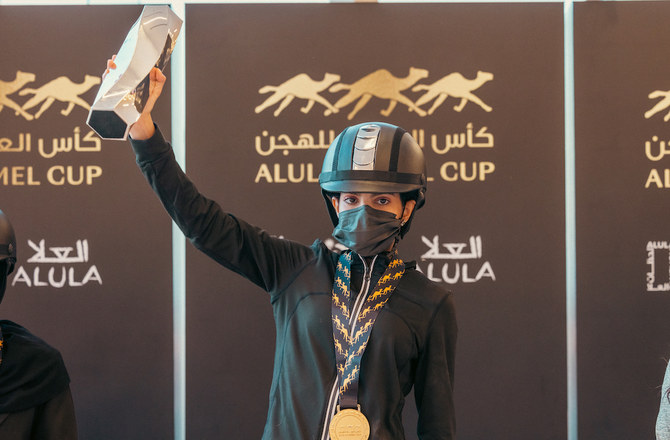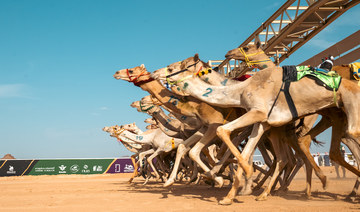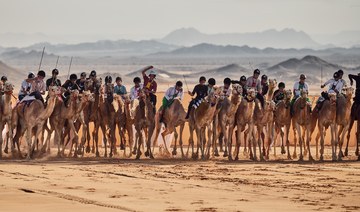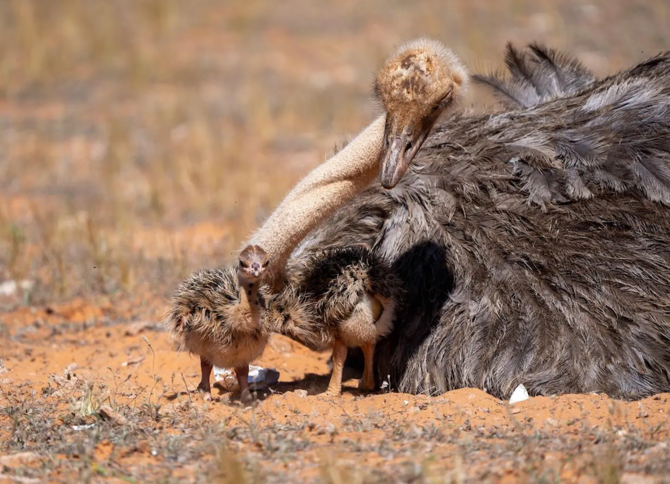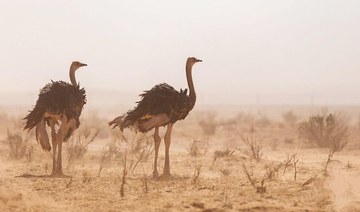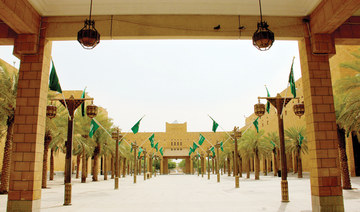JEDDAH: The first-ever nationwide study of female participation in Saudi Arabia’s economy and society has highlighted the barriers facing women seeking to bridge the gender gap in the country.
Using data collected from 15,000 households across the Kingdom, the study revealed major advances in women’s roles in health and education, but also that stronger measures were needed to improve participation in the economy and legislation.
The Participation of Saudi Women in Development study is the most wide-ranging survey to be conducted on the social, economic, health and educational experiences of women in the Kingdom.
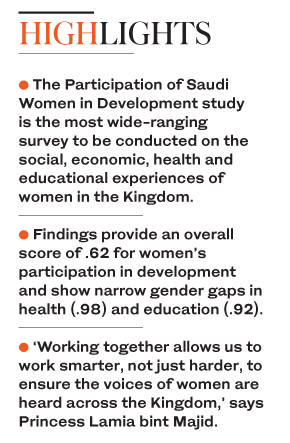 It is the result of an innovative partnership between the National Observatory for Women at King Saud University, the Kingdom’s General Authority for Statistics (GASTAT), the charity Alwaleed Philanthropies and UN Women.
It is the result of an innovative partnership between the National Observatory for Women at King Saud University, the Kingdom’s General Authority for Statistics (GASTAT), the charity Alwaleed Philanthropies and UN Women.
The study assessed women’s participation and development in 56 areas across five sectors: Economic, health, educational, legislation and social.
Using official records gathered by GASTAT and household data, the study provided a value between zero and one, with a score closer to one indicating a small gender gap.
The findings provide an overall score of .62 for women’s participation in development and show narrow gender gaps in health (.98) and education (.92), indicating the systems and programs in these areas allow equal opportunities for women to participate in the Kingdom’s development.
However, lower scores in social engagement (.65), economic participation (.42) and legislation and regulation (.13) highlight the need for stronger measures to empower women in these areas.
All-female team
The research was conducted by an all-women team of Saudi experts who wanted to understand the areas in which the Kingdom is progressing and those in which further advances are needed.
The study was launched at a major conference under the banner “The Role of Women in Development: Towards a Vibrant Society,” in Riyadh on Saturday.
The forum was co-hosted by UN Women, the National Observatory for Women at King Saud University, GASTAT and Alwaleed Philanthropies, and featured leaders from the Kingdom’s government, academic community, and philanthropic and private sectors.
Addresses and roundtable debates focused on legislation and social capital programs to safeguard female participation in development, including protecting women’s rights and personal status, and ensuring access to health care and social services.
Princess Lamia bint Majid, secretary-general of Alwaleed Philanthropies, said: “To address the barriers Saudi women face in the economy and society, we need to work together to support women’s empowerment. We hope this partnership can inspire the rest of the Kingdom to join forces in an effort to further increase Saudi women’s participation and development in society.
“Working together allows us to work smarter, not just harder, to ensure the voices of women are heard across the Kingdom.”
She said that Alwaleed Philanthropies plans to extend its support for women’s empowerment beyond the Kingdom and aims to replicate the study in other GCC countries from 2020.
“Together we can help women achieve their potential across the region,” she said.
Maimoonah Al-Khalil, spokesperson for the National Observatory of Women at King Saud University, who conducted the analysis for the survey, said: “Before this study there has been a significant gap between the progress we are experiencing each day in Saudi Arabia and our country’s continued poor positioning in international rankings.
“Our goal was to develop more accurate gender data that would pinpoint the needs and interests of women, and target the locally important challenges to continued progress.”
Mohammad Naciri, UN Women regional director for the Arab states and Asia-Pacific, said: “This assessment shows improvement and progress in health and education, but also that additional efforts should be exerted to improve indicators on social environment, economic development and legislation and regulation.”





